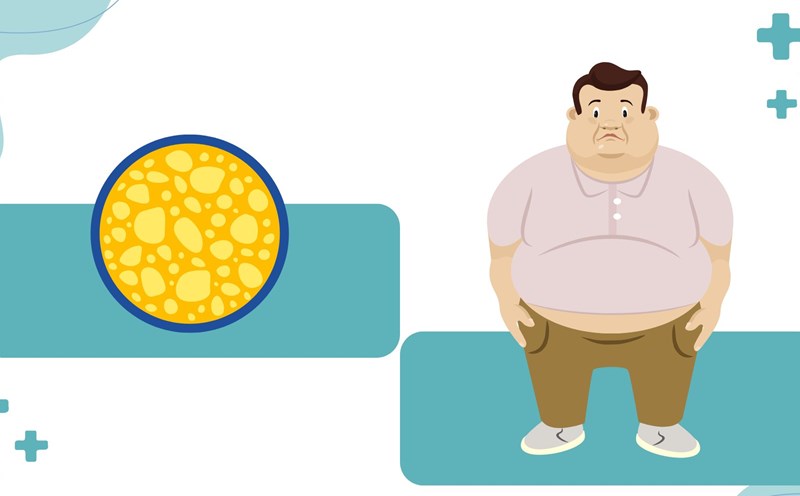The World Health Organization (WHO) recommends that a healthy diet should include at least 400g of vegetables per day, limit sugar and salt, prioritize good fats from vegetable oils, nuts, and fish.
Experts from Johns Hopkins (USA) say that instead of completely cutting out fat, a more effective approach is to reduce refined starch and increase protein and fiber. A low-carb, high-fiber diet, such as oats, beans, green vegetables, etc., not only supports weight control but also significantly reduces visceral fat. A study from the WHO shows that increasing 10g of soluble fiber per day can reduce waist circumference by 3.7% within 5 years.
Another important principle is to create a sustainable calorie deficit. Experts recommend reducing about 500750 kcal per day to both lose weight and maintain energy for the body. No need to diet too strictly, but need to be consistent and maintained for a long time.
Nutritionists from EatingWell suggest switching to a whole foods diet, whole foods such as vegetables, whole grains, beans, nuts, fruits, to take advantage of natural fiber and antioxidants. At the same time, supplementing with extra virgin olive oil and fish rich in omega-3 helps fight inflammation and effectively support fat burning.
In addition, drinking enough water is a simple principle but is often overlooked. Water helps maintain metabolism, aids digestion and reduces cravings. Experts recommend drinking water regularly throughout the day, especially before meals to control portion sizes.
The Mayo Clinic recommends minimizing processed foods, which contain a lot of trans fats, sugar and salt, because they not only cause belly fat accumulation but also have a negative impact on long-term health. Instead, you should prioritize fresh, simply processed foods, keeping the same flavor and nutrients.
However, eating healthy is only part of the solution. Nutrition coach Jill Brown (New York, USA) believes that to effectively reduce belly fat, it is necessary to combine diet with cardio exercise, muscle training, get enough sleep and reduce stress. Long-term stress causes the body to secrete a lot of cortisol, which is a hormone directly related to belly fat storage, said Jill Brown.
In short, the principle of eating to reduce belly fat does not lie in "quick diet" regimens but in balance and sustainability: eating a lot of soluble fiber, reducing refined starch, prioritizing whole foods, drinking enough water, limiting processed foods, while combining exercise and a scientific lifestyle. When you maintain these habits, you will not only have a slimmer waist but also possess a healthy body from within.











